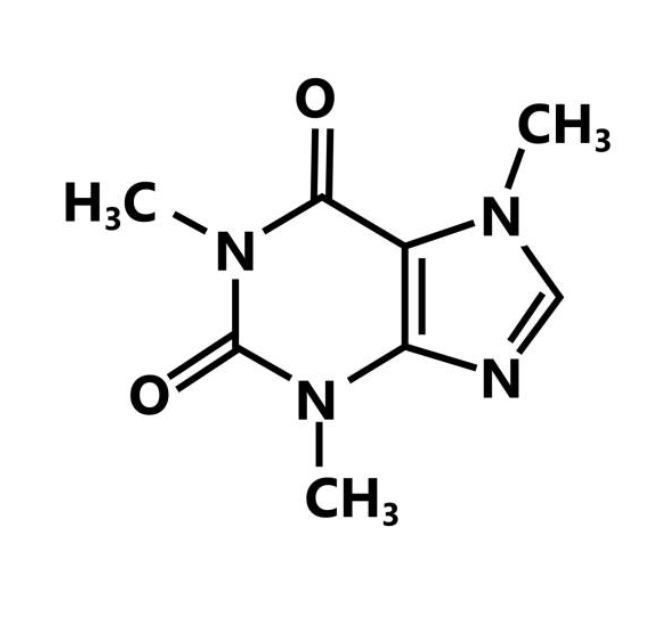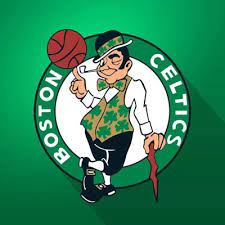Are You Consuming Too Much Caffeine?
April 11, 2023
I’ll be the first to admit I caffeine a little too much. I love my morning coffee, afternoon sweet tea from Dunkin, and Red Bulls before work–I can’t live without them.
But what happens when we walk a line between too much and just enough? The FDA limit for a healthy adult for caffeine is 400 milligrams a day, so what is the big deal if someone were to go over this limit? How bad can it be?
Very bad.
Some mild side effects of ingesting too much caffeine are restlessness, shakiness, and insomnia. You must intake more caffeine to feel the same results for headaches, dizziness, fast heart rate, dehydration, anxiety, and dependency.
And there can be some very severe effects:
In 2017, a South Carolina teen died of a caffeine overdose.
The Richland County coroner stated, “On this particular day, within the two hours before his death, we know he had consumed a large diet Mountain Dew, a cafe latte from McDonald’s, and also some type of energy drink.” He also determined the teen did not have any prior heart conditions or medical conditions that could have resulted in his death; it was caused by ingesting too much caffeine in too short a time.
Other long-term effects of caffeine ingestion can cause chronic insomnia, constant anxiety, depression, and stomach problems.
So let’s say a healthy adult wakes up and gets a medium coffee from Dunkin to start their day, 302 mg of caffeine. Then, during the work day, they have a Celsius fitness drink, 200mg, or a Red Bull, 100mg, to stay focussed. For lunch, they go out, maybe to Panera, and purchase a “charged” lemonade instead of tea or soda. Panera’s “charged” 30 oz lemonade contains 390 mg of caffeine.
On this very average work day, a young, healthy adult has already consumed the FDA limit–or well above it.
Our average young, healthy adult has consumed almost double the FDA recommendation by noon.
And how much caffeine do other foods contain if our favorite lemonade has caffeine?
Most foods that contain chocolate or coffee have trace amounts of caffeine: KIND bars, Kashi granola bars, Cliff bars (specifically the cool mint chocolate flavor), coffee-flavored ice cream, yogurt, and puddings may include caffeine.
Other surprising products include Oreo cookies, pre-workout supplements, vitamin water, over-the-counter pain medication, and noncola sodas.
Caffeine can be dangerous, but not in moderation. Staying under the FDA-recommended limit may require researching the foods and drinks you enjoy and making some adjustments to your diet.









